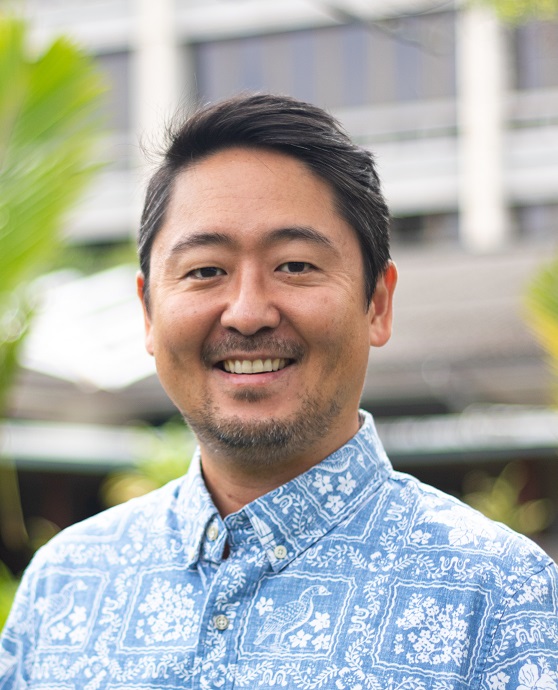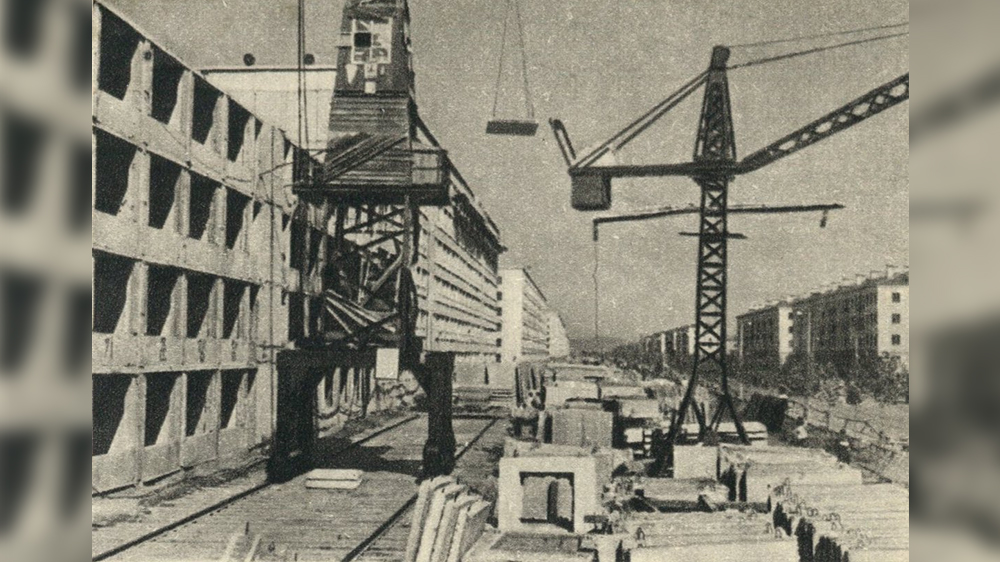How to attend
The lecture will take place via Zoom. Meeting ID: 618 5931 7282.
About the lecture
The rebirth of North Korea after the Korean War – centered on state authority and productive work culture – was distinctly represented by architecture and technology of the quotidian kind. In particular, apartments and tractors were celebrated as emblems of new socialist life.
Architecture was divided into two interconnected types: monumental structures symbolizing the utopian vision of the state and vernacular structures instrumental to the regime of production in which the apartment was an exemplary form.
North Korea’s architecture also exhibits the process of memory politics, in which the transnational history of urbanization was forgotten and rewritten under the nationalistic framework.
One type of everyday technology celebrated in postwar North Korea was the Ch’ŏllima Tractor, first announced to the public in November 1958. Machines – apartments and tractors alike – exhibit a paradoxical quality: their role of increasing efficiency is thwarted by the fact that they increase labor intensity and thus exploitation, further aiding in transforming life into labor power.
Machines, in the end, are essential in the grand aim of capitalism of subsuming life within production, changing labor into fixed capital and ultimately into capital in general.
About Cheehyung Harrison Kim

Cheehyung Harrison Kim is associate professor in the Department of History at the University of Hawai‘i at Mānoa.
His research and teaching focus on socialism, labor, industrialism, everyday life, and urbanism in the context of North Korea and East Asia.
He is the author of Heroes and Toilers: Work as Life in Postwar North Korea, 1953-1961, published by Columbia University Press.
He is also the editor of the journal Korean Studies.
